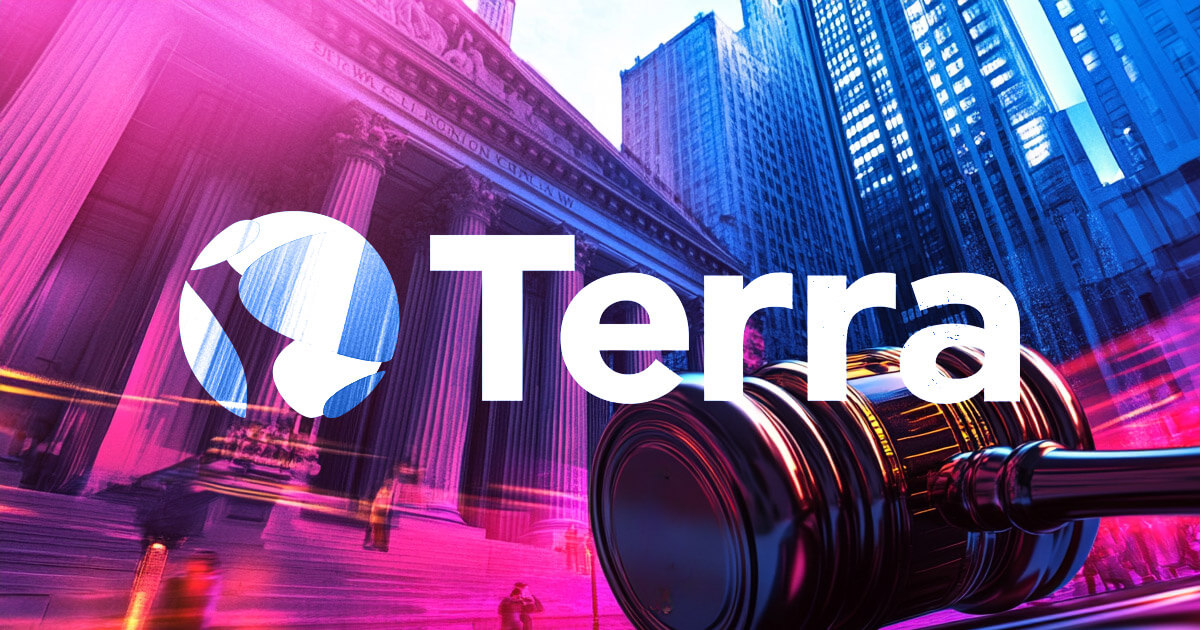South Korea’s Financial Supervisory Service has announced a forthcoming regulation that mandates the delisting of several cryptocurrencies. This move, set to take effect with the Virtual Asset User Protection Act in July, is part of a broader strategy to secure the cryptocurrency market and ensure robust consumer protections against potential risks.
New Regulatory Framework to Streamline Crypto Delistings in South Korea
In a recent report by CoinGape, South Korean financial regulators are working to develop methods for discontinuing the trade of currently listed cryptocurrencies. The impending “Best Practices for Compliance with the Virtual Asset User Protection Act” will delist many cryptocurrencies. The regulators stated that the cryptocurrency rule will be released in early June.
A source from South Korea’s Financial Supervisory Service revealed on May 10 that future rules will include criteria for listing virtual assets. Furthermore, the rule will consist of guidelines for the decision-making process governing the continuation of trade for previously listed virtual assets. Moreover, they stated that the goal is to create a framework for delisting individual virtual asset issuers in the event of an issue.
The guidelines will be provided in late May and early June. South Korea’s Financial Supervisory Service is now creating rules to allow self-regulation among cryptocurrency exchanges before implementing the Virtual Asset User Protection Act in July. Standards for the volume of virtual assets issued, distribution volume, and transaction support will be critical components.
In addition, it will explore measures such as prohibiting the listing of virtual assets with a history of hacking. Furthermore, the regulation will demand Korean whitepapers and technical guides for virtual assets abroad.
Currently, the Virtual Asset User Protection Act is in its early stages. As a result, a Financial Supervisory Service official underlined the inherent constraints of supervising virtual asset issuers and distributors. “The Virtual Asset User Protection Act is still in its first stage, so there are bound to be limitations in regulating virtual asset issuers and distributors,” he said, according to The Korea Economic Daily.
South Korea Enhances Crypto Regulation Amid Calls for Effective Self-Governance
To solve this deficiency in South Korea, attempts are being made to adopt self-regulatory mechanisms such as best practices and recommendations. The Financial Supervisory Service’s intention to implement such best practices arises from critiques of the effectiveness of the Digital Asset Exchange Alliance’s (DAXA) standard listing criteria released last year.
“DAXA has guidelines for designating cautionary stocks and delisting, but it consistently takes a laissez-faire attitude, even if large exchanges do not follow them,” said Min Byeong-Seok, a Democratic Party of Korea member. In reaction, Min Byeong-Seok denounced the neutralization of self-regulation. He said, “It has become neutralized, and self-regulation has become meaningless.”
Meanwhile, DAXA clarified that its member companies are not subject to its requirements. It also emphasized the autonomous assessment and decision-making process for member companies’ transaction support items.
“When a problem is identified with a member company’s transaction support item, it is reviewed in accordance with procedures, but the review process and decisions are made by each member company,” said a DAXA representative.
Furthermore, the anticipated effect of the future announcement of best practices for listing virtual assets is the development of listing policies by domestic virtual asset exchanges. The rationale for this potential is that the guidelines are authoritative, as opposed to consultative committees like DAXA, which are voluntary.
Photo: Microsoft Bing
TokenPost | [email protected]
<Copyright © TokenPost. All Rights Reserved. >
Credit: Source link















































